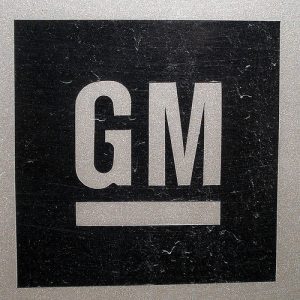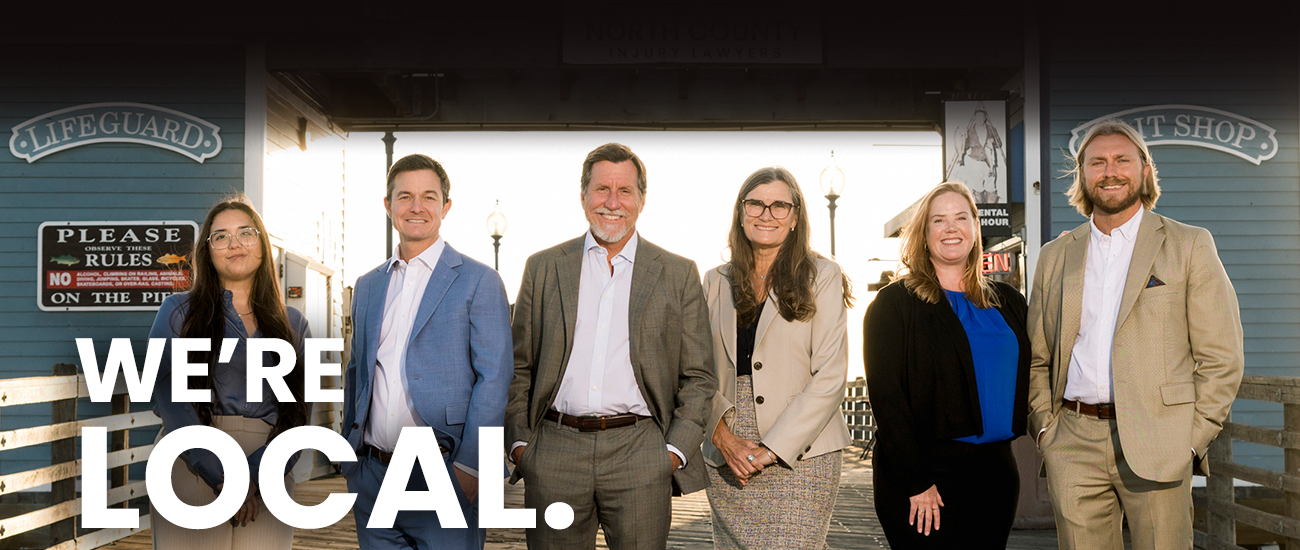- Free Consultation: 760-571-5500 Tap Here to Call Us
Do Product Recalls Prevent Consumer Injury?
Consumers May Be ‘Numb’ to Product Recalls, Says Bloomberg
Do product recalls actually affect sales, or have many California residents become “numb” to news about defective products that may cause harm? According to a recent report from Bloomberg, the recent General Motors (GM) recall hasn’t yet affected sales the way many of us might assume. Indeed, according to the story, GM’s sales have been completely “unfazed” by the recalls. So if a recall in and of itself won’t stop consumers from purchasing dangerous products or from patronizing a company that has sold a defective item, how do consumers make decisions to avoid purchases of potentially harmful products?

According to the article, there are five different factors that influence whether a product recall will affect sales. These factors can make a difference in how consumers view the recall and when it will affect their buying habits:
- 1) Awareness of the recall;
- 2) Severity of the risk that’s posed by the product;
- 3) Proximity of the risk to the product that’s currently being sold;
- 4) How the manufacturer or distributor handles the recall; and
- 5) Reputation of the manufacturer or distributor after the recall.
Have you been injured by a defective product? It’s very important to speak to an experienced San Diego product liability lawyer. You may be eligible to seek financial compensation for your injuries.
Weighing the Severity of the Risk
Commentators point out that “as many as 74 deaths may be associated with these recalls” from GM, but the “impact has not yet been fully seen.” Usually, the severity of the risk—factor #2—will have the greatest impact. For example, consider the recent Toyota or Tylenol recalls in addition to those at GM. When a product can put a consumer’s life at risk, the company that’s selling the defective product usually will see a drop in sales. But the GM recall isn’t producing an immediate effect.
As a quick reminder, the GM recall involves a faulty ignition switch that reportedly has resulted in serious and even fatal injuries. However, consumers continue to buy GM products. What’s going on? With the GM recall, researchers predict that factor #3 is at work. In other words, the recalled vehicles aren’t on the market, and consumers are buying different GM models.
It takes longer than we might think for a recall to affect the reputation of a product manufacturer. For example, with the Lululemon recall, the company didn’t experience a drop in sales until 6 to 9 months after it recalled. While that recall didn’t cause bodily harm to consumers, reporters on Bloomberg Television’s “Market Makers” are comparing the rate at which Lululemon’s reputation sustained damage (and thus the decrease in product sales) to GM’s reputation in connection with dangerous automobile defects.
In short, there’s a delayed “reputation impact” on sales. And even when GM does begin to see a relationship between customer sales and its recall of the dangerous automobile parts, the company likely will be able to offer incentives, discounts, or rebates to keep customers coming.
Contact a San Diego Product Defect Attorney
Have you been injured by a defective product? Has a loved one sustained fatal injuries from a dangerous automobile part or a bad drug? You may be able to file a lawsuit. Contact a California personal injury lawyer at the Walton Law Firm today to discuss your case.
Photo Credit: mag3737 via Compfight cc See Related Blog Posts: San Diego Investigation Turns Up Old Tires Being Sold As New









